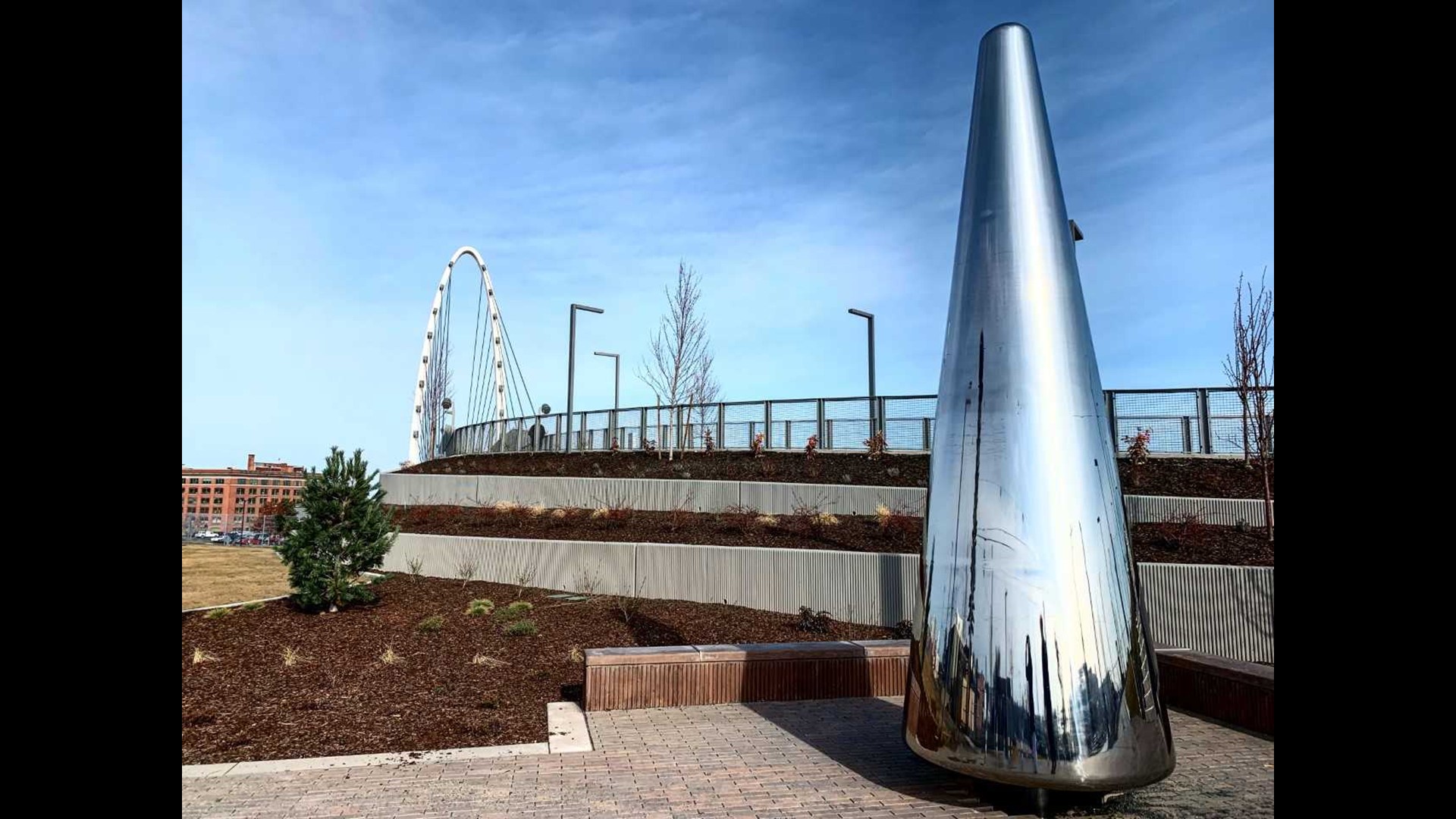SPOKANE, Wash. — A new report lists which bridges are considered "structurally deficient" across the nation.
And just after that report was released, Washington State University researchers published a study that found a specific de-icer is impacting bridge health.
Spokane County has one bridge listed as the most traveled and structurally deficient. It's the I-90 bridge over Latah Creek.
In Kootenai County, the westbound I-90 bridge over Pennsylvania Ave in Coeur d' Alene, also made the list.
While inspections for bridges are typically done visually, the WSU study shows magnesium chloride de-icer is affecting bridge health and you can't even see it.
Using concrete samples from bridges in Oregon, researchers found the ones exposed to magnesium chloride with repeated freeze-and-thaw cycles lost more strength than samples exposed to rock salt.
Magnesium chloride is considered an environmentally friendly alternative to rock salt. It's also more effective in extremely cold temperatures.
Researchers have known that many types of road salts cause chemical and physical deterioration. But it was still a mystery how microscopic changes could have an impact on a larger scale.
Associate professor in WSU's Department of Civil and Environmental Engineering, Xianming Shi, led this study. He found the formation of nano-sized crystals led to stress build up and calcium leaching into the concrete. This meant a significant reduction in its strength.
"Basically it's more like when people age, the bone gets brittle because you're losing calcium," Shi said. "This is very similar to that."
They also found that none of the magnesium chloride samples showed any typical visible stress on the surface. That's even after 10 cycles of freezing and thawing. Instead, they found the worst effects to the concrete occurred half an inch to one inch inside the sample.
"The best approach is to use sodium chloride, when sodium chloride is working effectively," Shi said. "And then when temperatures on the pavement gets too cold, then switch to magnesium chloride or calcium chloride."
WSDOT Eastern region spokesperson Ryan Overton said it uses magnesium chloride on a limited basis. Specifically, when the weather conditions are 15 degrees or lower. He said though, crews more often use sodium chloride or calcium chloride.


